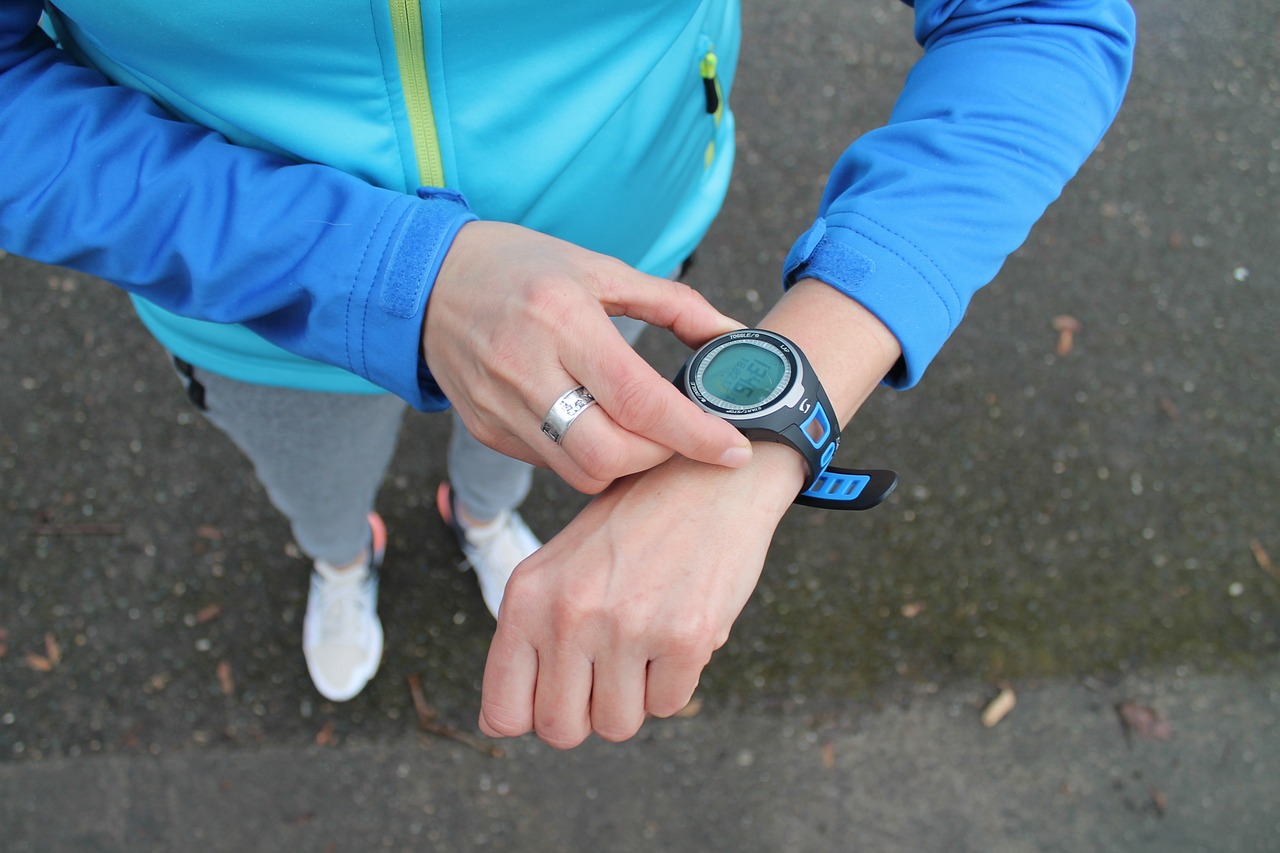Have you noticed any changes in your running in perimenopause? You might not. Your training, racing or pure enjoyment of running might be completely unaffected. However, for the majority of women that I speak to, that’s sadly not the case. They tell me their running has taken a nose dive, they’ve lost motivation and menopause symptoms are making it hard. Nearly all of them say that they’re frustrated that they’re running more slowly than ever in perimenopause. Even if speed isn’t generally that important to them, it’s still demoralising to watch that marker of progress plummet.
I’d love to quote you a research statistic to confirm the percentage of women recreational runners who find their speed falls in perimenopause however, that work hasn’t been done. So, this blog is anecdotal from personal experience and what hundreds of women runners that I talk to tell me. Thankfully, we are starting to see more studies coming out looking at sport and menopause so I’m watching that space!
Here are four reasons why you might be running more slowly in perimenopause:
1. Reduced training.
You might need to be very honest with yourself here but how much are you actually running? There’s so much to contend with in perimenopause. Many of the symptoms such as heavy periods, breast tenderness and joint aches make going for a run difficult. Being exhausted from night sweats, nocturnal toilet trips and menopause insomnia really doesn’t set you up for a good run. It’s so easy to find you’re running half as much as you used to. No surprise when you do go that you can’t find the speed you want and the run feels harder.
The flip side to this is that you’re training too much. It’s common to need extra recovery time when you hit perimenopause and if you don’t address this and battle through your usual routines without sufficient recovery, you can find yourself on a downward spiral when it comes to speed and performance.
2. Lack of drive.
One thing that can result from the changing hormone levels in our bodies is a lack of drive. This can range from a simple loss of motivation to run generally to an absence of competitive spirit. This can be such a shock to the system if you’ve previously been very driven by performance, progress and PBs. That impetus to push hard, to challenge yourself and to keep going when it feels tough can simply disappear. This may be partly due to falling testosterone levels but oestrogen plays a role in this too.
3. Muscle loss.
What do you need to run fast? Power. Where does power come from? Strength. Where does strength come from? Muscles. And, what happens to muscles in perimenopause? Yep, they reduce in mass. Our body is naturally losing a little bit of muscle mass each day from about our mid-thirties and this loss speeds up around the menopause. Unless we are taking specific and targeted action to maintain and improve our muscle mass then we can expect to see a reduction. This means that we risk being weaker, less powerful and slower.
4. Poor fuelling.
The way our body metabolises what we eat changes around the menopause. Our usual and long-term eating habits and run fuelling may no longer serve us. If you’ve always run fasted or with very little food in your tank, suddenly you might not be able to find the energy you need for a speedy run. Many women don’t like the way their body composition changes during perimenopause and in an effort to shed excess midline fat they eat less. Reducing calories, especially if you end up in calorie deficit can make you tired and lethargic and it’s a real struggle for your body to produce any speed.
These are just a few of the reasons why you might be feeling disappointed when your run doesn’t go the way you want or your heart sinks when look at your stats after your run. Know that you are not alone and not failing at running. The running you are doing is still vitally important for you. While you might wonder if it’s even worth it, let me reassure you that it is. Regardless of speed it’s crucial for your present and future health that you don’t hang up those trainers. I feel so passionate about this, I really don’t want you to give up!
Next week we’ll explore ways that you can overcome these four speed killers and put a bit more pace in your stride in perimenopause.
Do you identify with this blog? If running is becoming a struggle for you in perimenopause but you want to keep going, have a look at my Run Through the Menopause online course. I’ll take you through getting the right mindset, what’s going on in your body in menopause and how to overcome all the menopause barriers that pop up.
Featured Image by yellowcat from Pixabay







